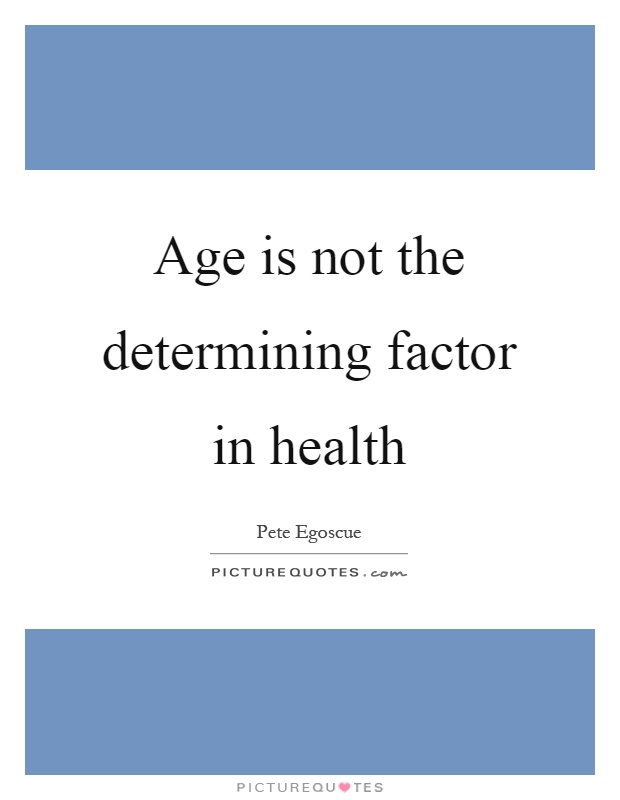Not just ageing, healthy ageing!

Ageing is a normal process, but all the
individuals “age” in a different manner. There is a concept of healthy ageing,
which says that, healthy ageing is the process of developing and maintaining
the functional ability that enables well-being in older age. Functional
abilities are the abilities to perform day to day essential tasks with ease.
With properly designed exercise regimens, we can enable individuals to age healthily. But what are the different systems which are affected due to ageing? Let’s know a bit more about them!
Effects of ageing on major body systems:
1) Nervous System:
It consists of brain, spinal cord, and
peripheral nerves. It is responsible for movements, sensations, balance,
coordination and memory. As we age, the entire nervous system goes through
natural changes. The brain and the spinal cord lose nerve cells and the existing
nerve cells reduce in size (atrophy). There is reduction in the speed of
conducting an impulse (information) “from” the brain and spinal cord or “to”
the brain and spinal cord. Also there is degeneration and demyelination
(destruction of the protective myelin sheath which is around the nerve cells).
Due to all this, diseases such as Parkinson’s disease, Alzheimer’s disease,
etc. occur. There is increase in the reaction time to the various external
stimuli, which in turn can cause imbalance and in turn can cause fall and as a
sequela can result into fear of fall.
2) Musculoskeletal System:
Muscles: A muscle
is made up of various muscle fibres. Due to ageing, the muscle fibres atrophy,
that is, shrink and reduce in size, hence reducing the muscle mass. Due to this
there is reduction in the overall strength of the body. As a result of reduced
strength, the muscles cannot support the joints adequately. Due to this there
are abnormal stresses on the joints which result in pain.
Bones and Joints: Degenerative joint diseases like Osteoarthritis, occur in elderly individuals as a part of the aging process. Generally, its occurrence starts in the weight bearing joints initially; for example, osteoarthritis knee is very common. When there is degeneration, there is severe pain followed by loss in function. Arthritic conditions of joints start in the 40s’ or 50’s and then progress with age. Severe arthritic conditions may need replacement surgeries to maintain functional independence.
3) Cardiovascular System:
The cardiac output that is the amount of blood pumped by the heart in one contraction is reduced with aging. Due to which the reduction in the amount of oxygen carried to the body segments. This results in reduction in the cardiovascular endurance. Ageing results in reduction in this cardiac output as a result of reduction in muscle mass of heart. Due to sedentary lifestyle and dietary changes there is fat deposition in arteries called “atherosclerosis” in medical language. This is superimposed by age related hardening of arteries causing conditions like hypertension and heart disease.
Effect of Ageing on Disability:
Credits: REHAB STATION
As we become aware about these changes in our
body, we also start thinking about the different ways in which we can combat
these conditions. Though degenerative changes are irreversible, there are ways
in which we can slow this progression and maintain a relatively healthy and
functionally independent lifestyle.
What is healthy ageing?
WHO defines healthy ageing as “the process of
developing and maintaining the functional ability that enables wellbeing in
older age”
Healthy ageing can be achieved by regular
physical activity.
Benefits of exercise:
Credits: REHAB STATION
How can we achieve healthy ageing?
All individuals are different and have
different problems and thus require different coping strategies. Proper
exercises can help you cope up with these changes that occur in your body due
to ageing. Rehab Station can help you “Age Healthily” by evaluating the lacking
components in a detailed manner and by designing a proper exercise protocol that
addresses your needs.
- Dr. Sukanya Dandekar (PT) and Dr. Ruta Pandit (PT)
Rehab Station, Pune




No comments:
Post a Comment